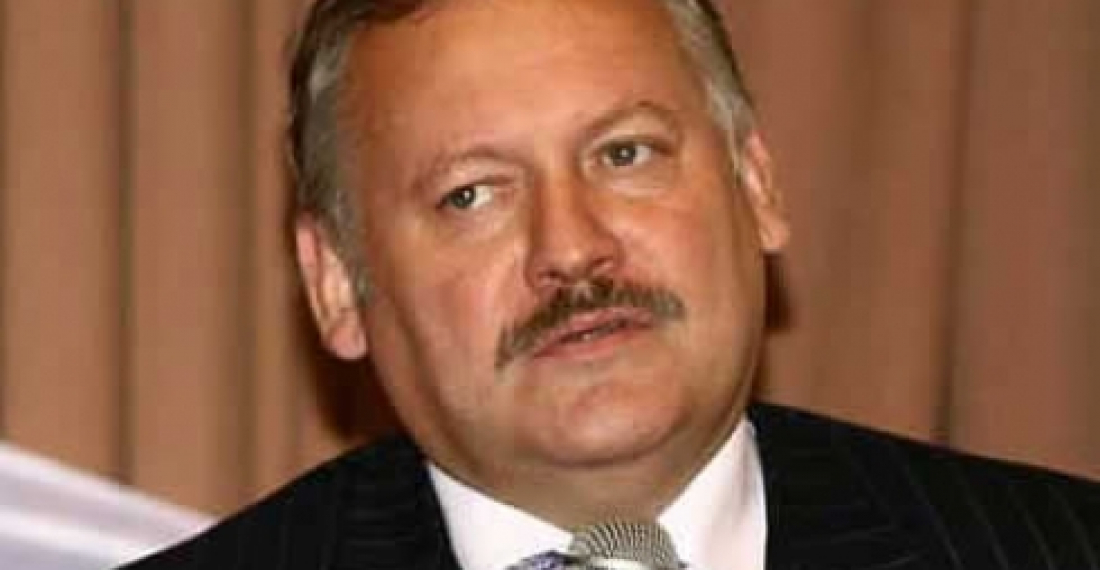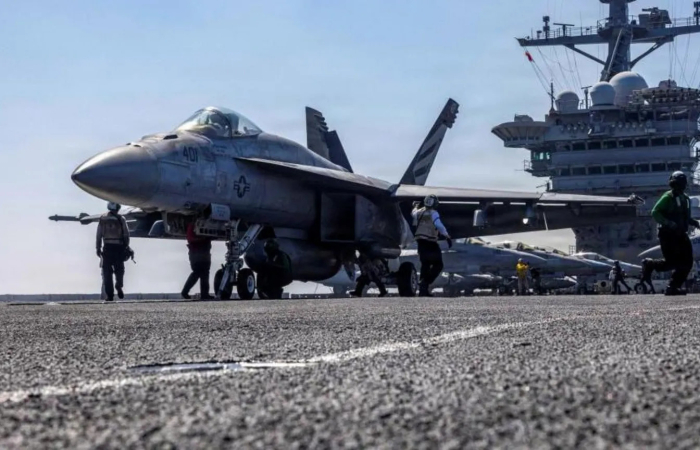Russia has occupied a principle stance in the issues important for Armenia. Thus, despite good relations with Turkey, Russian Federation recognized Armenian genocide in 1995, which is still a subject of displeasure for Ankara, a member of the Russian State Duma on CIS issues, Konstantin Zatulin, said at today's video-bridge Moscow-Yerevan.
"So, I am absolutely sure that the relations of Russia with Turkey and Azerbaijan do not threat the relations between Moscow and Yerevan. Building relations with Turkey and Azerbaijan not to the detriment of relations with Armenia, Russia has been restraining Azerbaijan which queers for revenge for the defeat in the Karabakh war, at the same time pushing Turkey to the way of normalizing relations with Armenia. Moreover, just Armenia is a unique Israel for Russia on the Caucasus. Both countries are strongly linked by the history, culture, military-political and economic cooperation", - he recalled.
Armenia, being a member of the CIS and CSTO, and having the status of EurAsEC observer, is a country which has the highest level of military and political relations with Russia, he said. He recalled Russian President Dmitriy Medvedev's words, according to which Russia is ready to fulfill its obligations within the frames of the CSTO, in case if Armenia undergoes military aggression.
"I think that this statement put an end to all the speculations if Moscow will support Yerevan in case of the new Karabakh war. In case of worsening of the situation around Nagornyy Karabakh, Russia will find itself is an extremely hard situation. For this reason, Moscow has been taking efforts for peaceful settlement of the Karabakh conflict", - Russian parliamentarian concluded.







